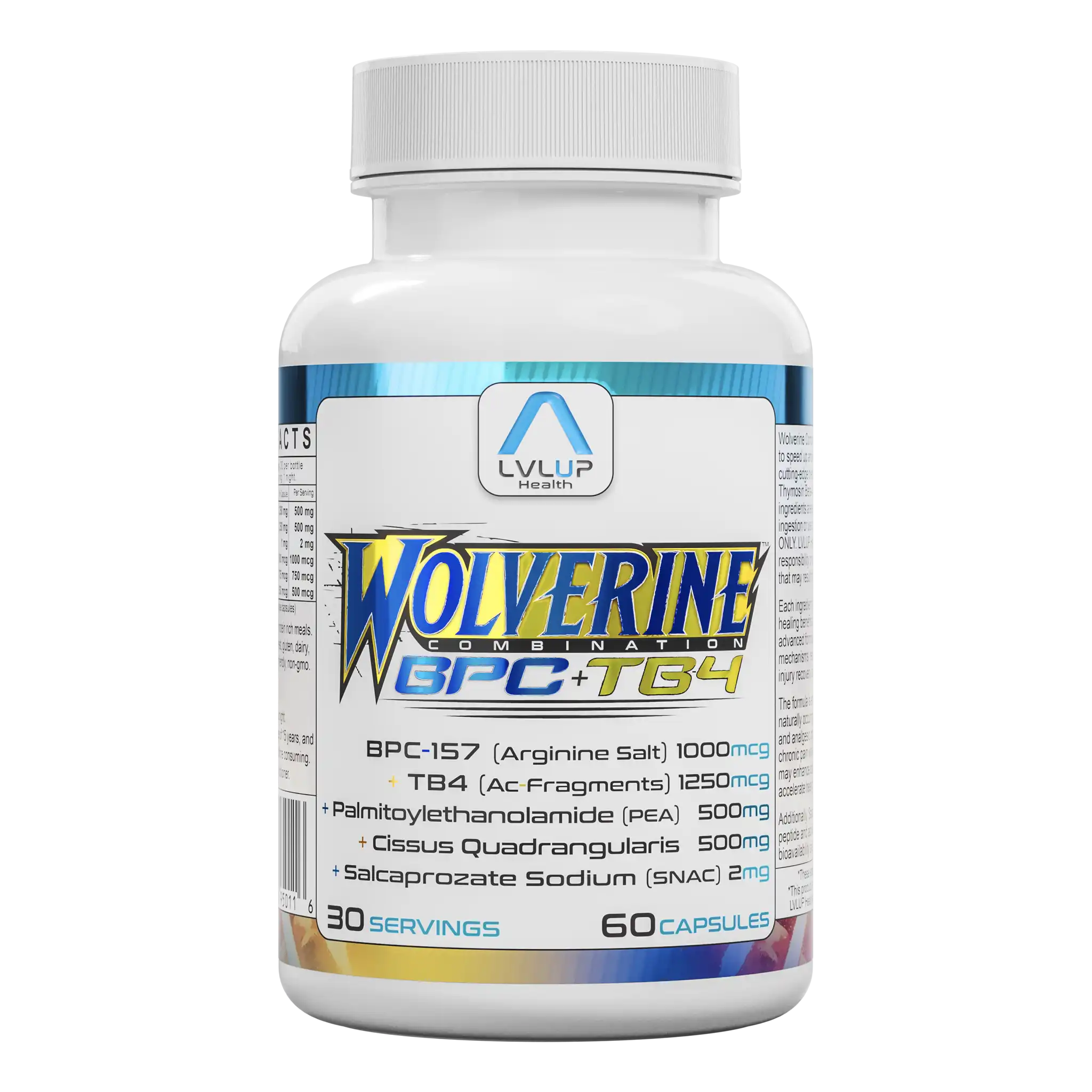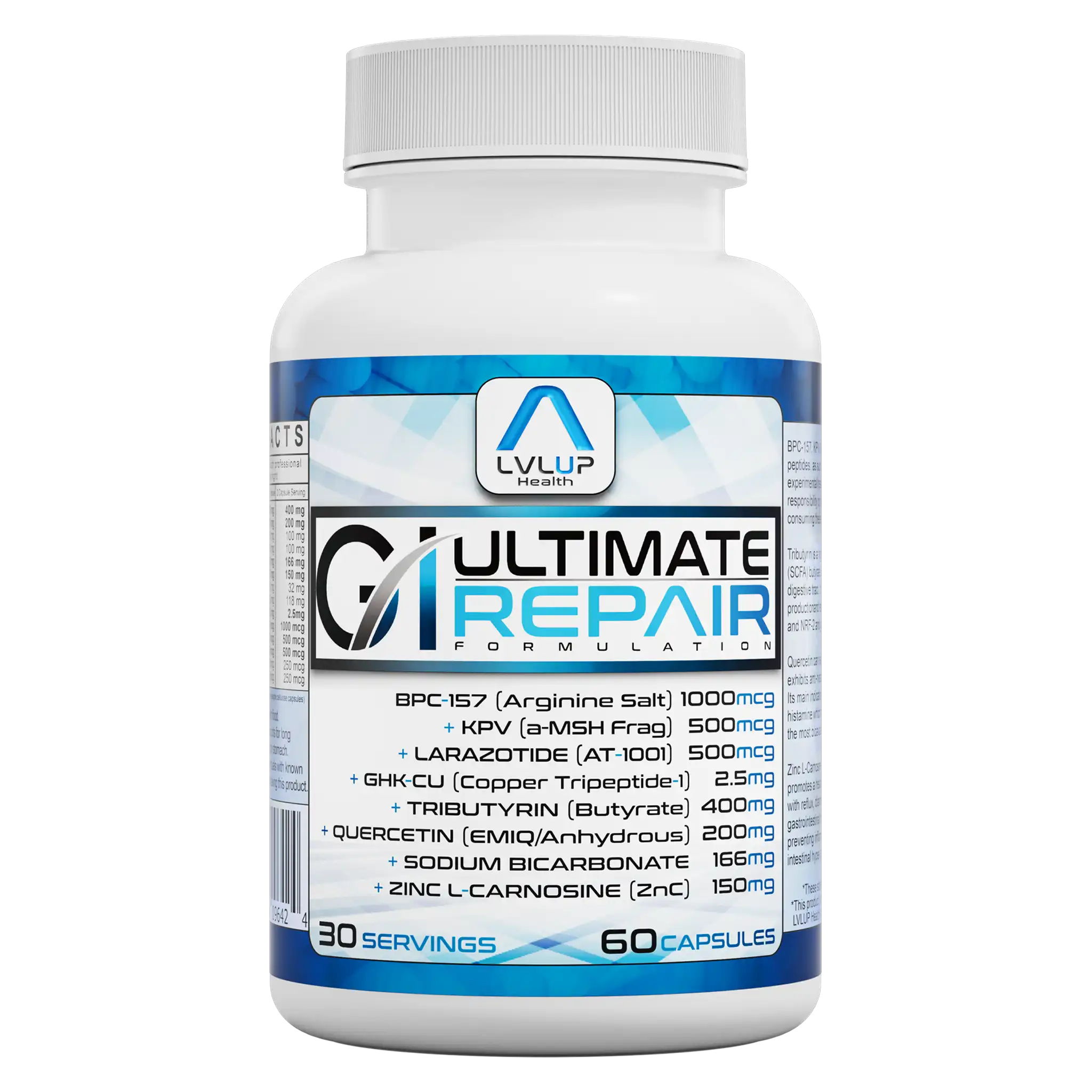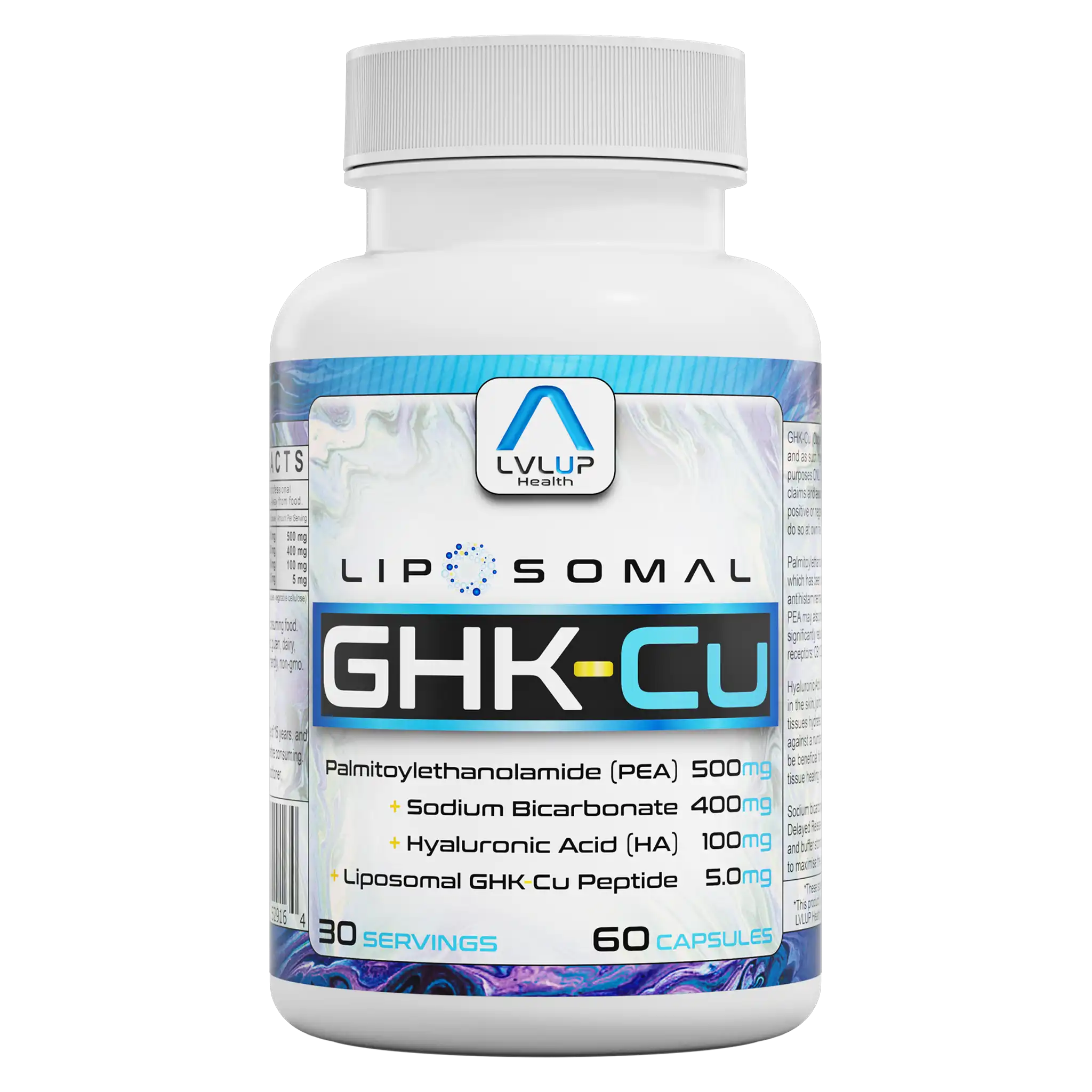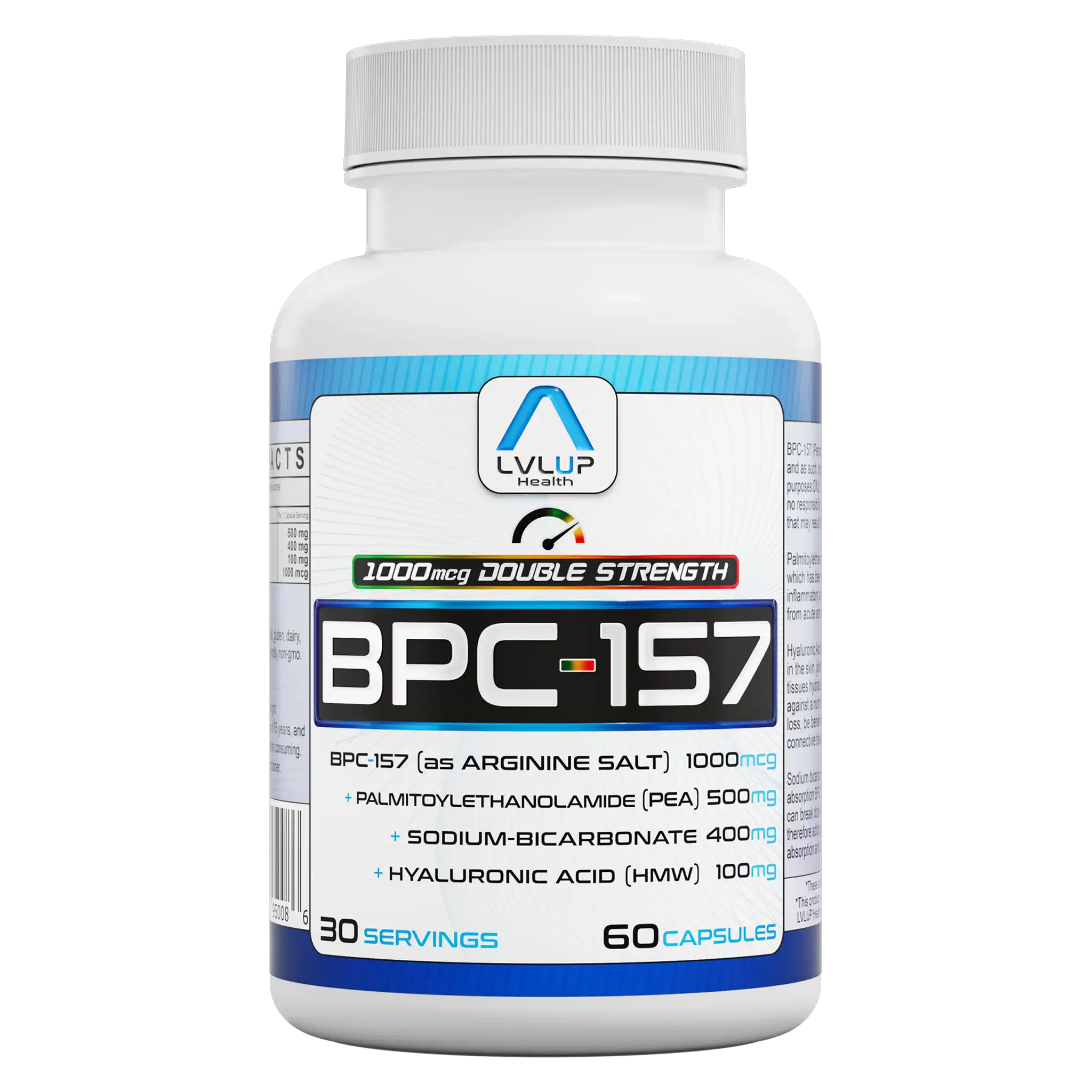Prebiotic Polyphenol Blend
About Prebiotic Polyphenol Blend
What’s in the Blend?
Your gut hosts a bustling community of bacteria, many of which are crucial for your health. Among them, Akkermansia muciniphila stands out for its role in maintaining the gut lining and influencing energy use. The AKK-Fueling Prebiotic Polyphenol Blend combines plant-based fibers and polyphenols – the compounds that give fruits and vegetables their vibrant colors and health benefits. It provides Akkermansia with the nutrients it thrives on.
How It Works
The blend contains fermentable fibers that serve as fuel for Akkermansia. Polyphenols interact with both the gut lining and bacteria, fostering an environment where beneficial bacteria can flourish. This nourishment helps maintain the mucus lining of your intestines – a crucial barrier between your body and external elements. Many seek this support due to modern dietary habits or to strengthen their gut defenses.
Common Applications
This blend appears in supplements targeting immune health, metabolic balance, or recovery after antibiotics. It’s also valuable for those crafting a comprehensive digestive health plan, often paired with probiotics, herbs, or enzymes. If you’re formulating, you might see ingredients like cranberry extract or pomegranate skin alongside specialized fibers like oligosaccharides. The goal is to achieve benefits without digestive discomfort; excessive fiber can challenge sensitive guts.
Detailed Information
Scientific Operation
The AKK-Fueling Prebiotic Polyphenol Blend selectively provides substrates for mucin-degrading Verrucomicrobia like Akkermansia muciniphila in the gut. The prebiotic fibers, often short-chain fructooligosaccharides, offer high fermentability with low FODMAP risks, promoting short-chain fatty acid (SCFA) production, notably acetate and propionate, by commensal organisms. Polyphenolic components, such as ellagitannins from pomegranate and proanthocyanidins from cranberry, undergo microbial biotransformation. These metabolites strengthen mucosal integrity via modulation of tight junction proteins through Nrf2 signaling, while reducing TLR4/NF-kB-mediated inflammatory responses.
Impact on Microbial Composition
Recent research highlights that polyphenols exert both direct and indirect effects on microbial communities. They modulate antimicrobial activity, enzymatic functions, quorum sensing, and gut pH, favoring an increase in Akkermansia spp. without inhibiting lactic acid bacteria. Enhanced colonization resistance against pathobionts is observed, facilitated by increased mucin degradation capacity.
Rational Formulation
The strategic combination of fermentable fiber fractions and redox-active polyphenols creates an environment conducive to Akkermansia proliferation while supporting SCFA-mediated immune modulation. This formulation strategy gains validation from metagenomic cohort analyses in nutritional science literature, emphasizing its efficacy in promoting gut health.




